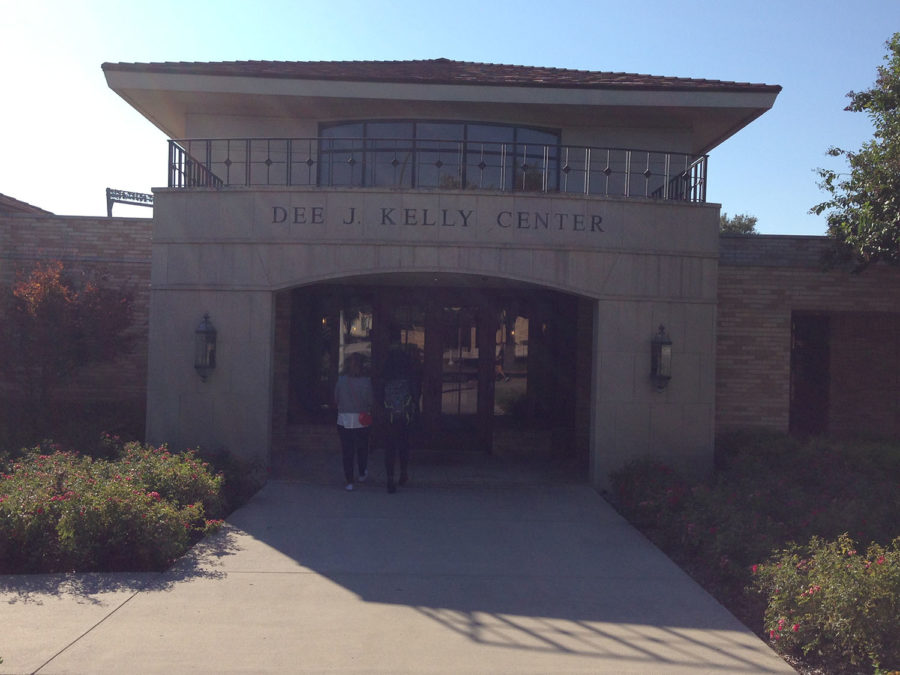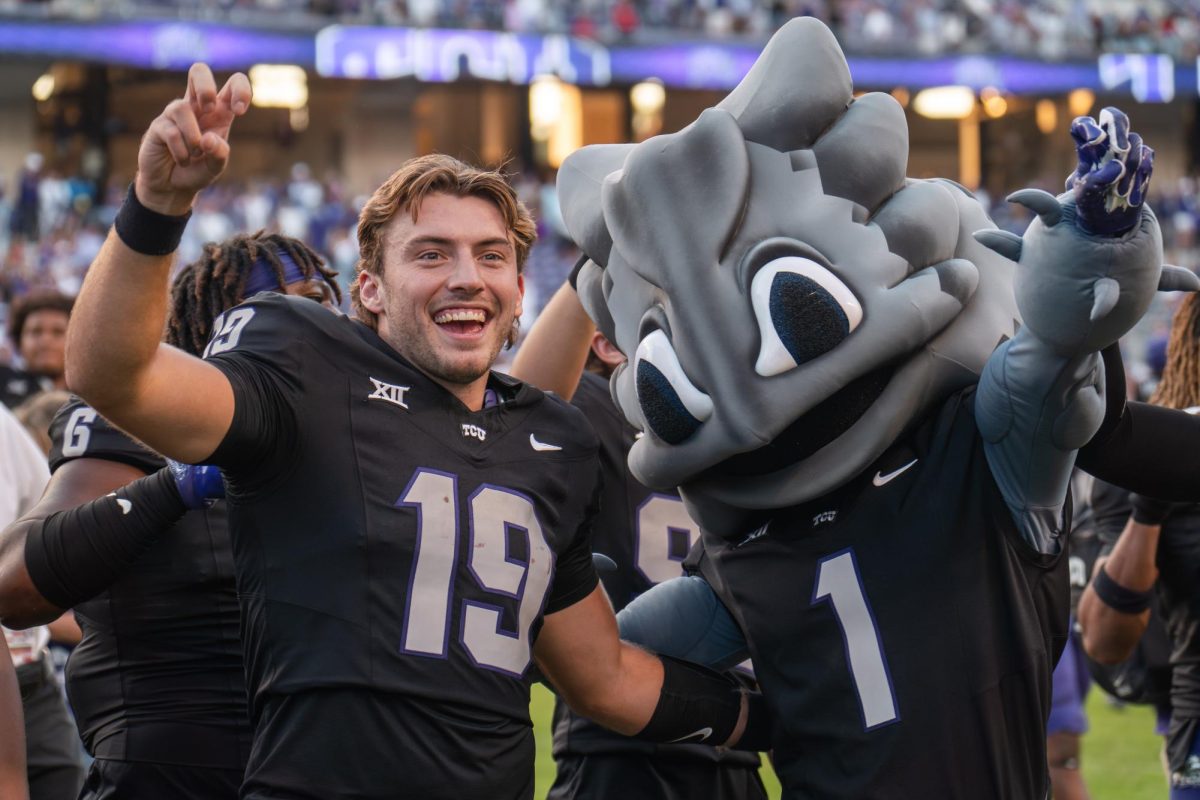Faculty, staff and administrators listened Monday and Tuesday as students of color and marginalized groups spoke about the hostility and hatred they experience on campus.
The listening sessions were called in response to a lawsuit that alleges faculty–including Dr. Diane Snow, the dean of the John V. Roach Honors College–physically and verbally abused an unnamed student during a summer trip to Washington, D.C.
Many of the students who spoke during Tuesday evening’s session in the Dee J. Kelly Alumni Center painted a bleak picture of life at TCU. One said she had never been called the N-word until arriving at TCU; others spoke of having their presence in the classroom questioned by faculty. Some suggested the session itself was traumatizing, as students were being asked to share painful experiences.
During the sessions, students were also asked for ideas for change.
They proposed mandatory diversity training for faculty and staff. Currently, faculty and staff are required to complete anti-discrimination training.
The sessions were hosted by Kathy Cavins-Tull, the vice chancellor for student affairs and the Office of the Provost. Ebony Rose, a senior learning and development consultant in Human Resources, facilitated the discussion.
The event was organized to give students an opportunity and platform to share their thoughts directly with faculty and the administration.
“I think it’s important that our students have an opportunity to share their stories and have their voices heard,” Rose said. “So an open listening session like this is a critical component of campus dialogue that we create spaces where folks can talk with one another.”
Cavins-Tull said she is optimistic that the sessions will help the administration find solutions.
“The more stories we can hear, the different approaches we can use to make our decisions,” she said.
Provost Teresa Abi-Nader Dahlberg also attended.
“I’m grateful for the students, faculty, and staff who attended our listening sessions,” she said in a statement. “Especially the students who shared their stories. It is important for us to listen and it is clear we have work to do. I am sincere in my commitment to build upon what we heard these past two days so that we can be the community we aspire to be.”
Recorders and cameras were not allowed in the sessions.










